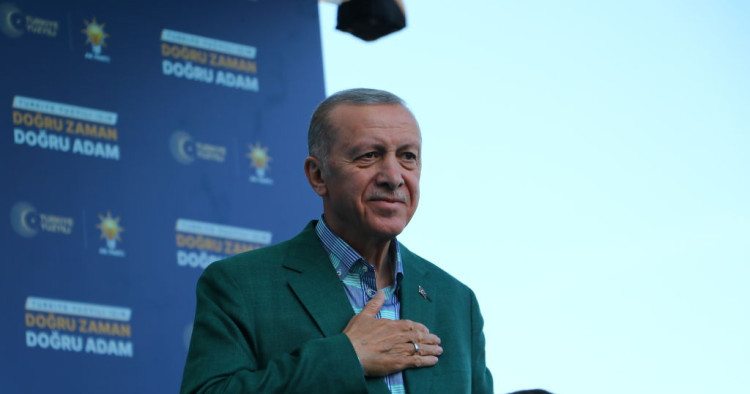
Ask Nato’s secretary-general to name the decision of Turkish President Recep Tayyip Erdoğan that irks him the most and he’d probably say purchasing Russia’s S-400 missile defence system. But Nato has an even bigger problem when it comes to Turkey-Russia ties: the Akkuyu nuclear power plant.
Erdoğan likes to call the facility, being built by Russia’s state-owned Rosatom on the Mediterranean coast, “Turkey’s first nuclear power plant”. In reality, it belongs to Russia. In the standard engineering, procurement and construction model, the supplier designs and builds the reactor before turning over the keys. Akkuyu uses a build-own-operate (BOO) model unprecedented for the industry. Russia retains majority ownership but bears all the financial, operational and construction risks.
Continue reading in Financial Times
Photo by Mesut Karaduman/Anadolu Agency via Getty Images
The Middle East Institute (MEI) is an independent, non-partisan, non-for-profit, educational organization. It does not engage in advocacy and its scholars’ opinions are their own. MEI welcomes financial donations, but retains sole editorial control over its work and its publications reflect only the authors’ views. For a listing of MEI donors, please click here.

Ask Nato’s secretary-general to name the decision of Turkish President Recep Tayyip Erdoğan that irks him the most and he’d probably say purchasing Russia’s S-400 missile defence system. But Nato has an even bigger problem when it comes to Turkey-Russia ties: the Akkuyu nuclear power plant.
Erdoğan likes to call the facility, being built by Russia’s state-owned Rosatom on the Mediterranean coast, “Turkey’s first nuclear power plant”. In reality, it belongs to Russia. In the standard engineering, procurement and construction model, the supplier designs and builds the reactor before turning over the keys. Akkuyu uses a build-own-operate (BOO) model unprecedented for the industry. Russia retains majority ownership but bears all the financial, operational and construction risks.
Continue reading in Financial Times
Photo by Mesut Karaduman/Anadolu Agency via Getty Images
The Middle East Institute (MEI) is an independent, non-partisan, non-for-profit, educational organization. It does not engage in advocacy and its scholars’ opinions are their own. MEI welcomes financial donations, but retains sole editorial control over its work and its publications reflect only the authors’ views. For a listing of MEI donors, please click here.









































